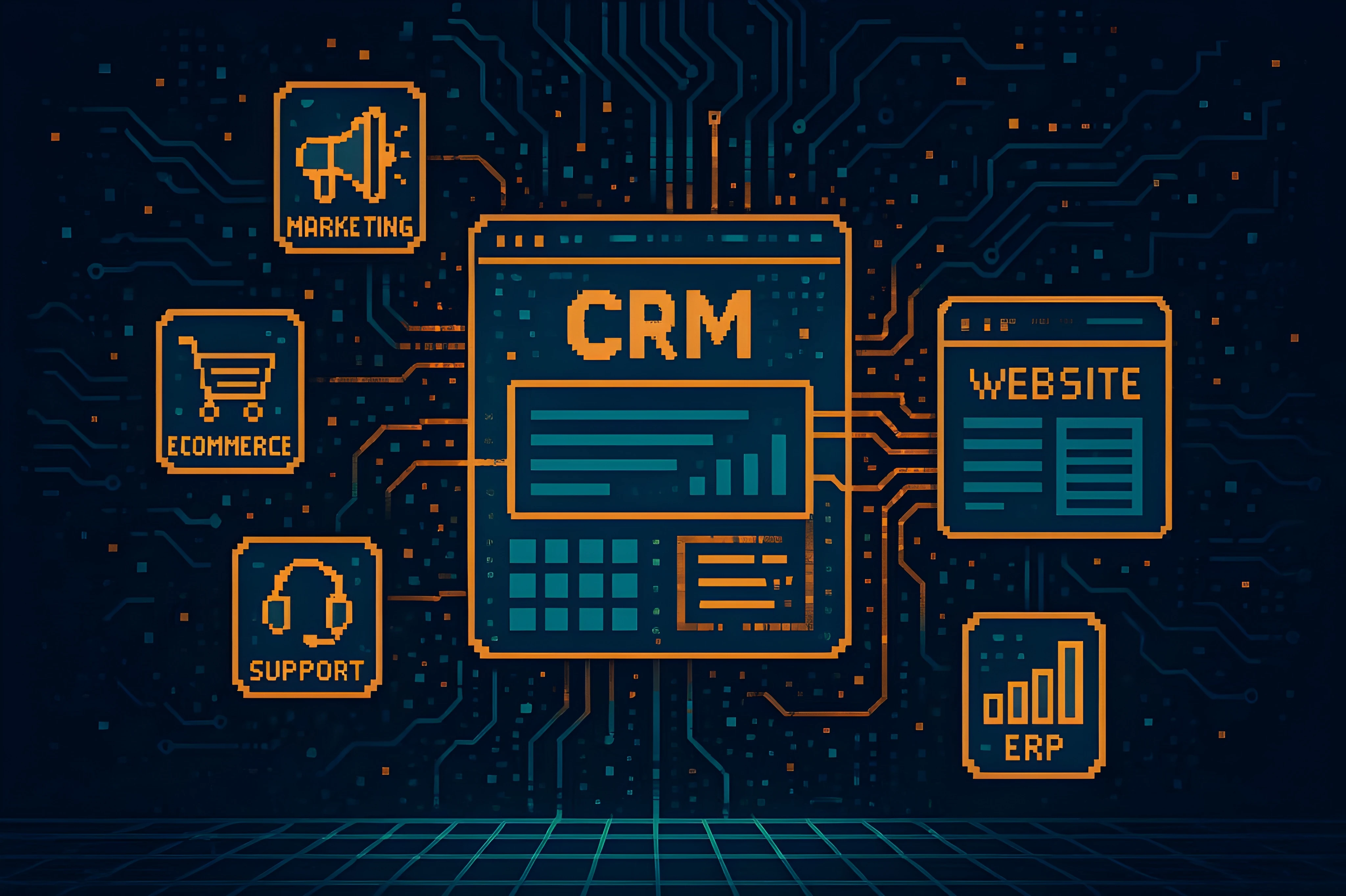AI Content for SEO: What You Need to Know

AI-generated content has become one of the most talked-about topics in digital marketing today. From blog posts and product descriptions to videos and graphics, artificial intelligence is reshaping how businesses create and deliver content online. But the big question remains — is it good for SEO?
In this article, we’ll explore what AI-generated content really is, its benefits and risks, and how to use it responsibly to strengthen your SEO strategy.
What is AI-generated content?
AI-generated content refers to text, images, audio, or video created by artificial intelligence tools rather than human creators. Using machine learning and natural language processing (NLP), these tools can generate content that mimics human writing or creativity.
Examples include:
-
ChatGPT and Claude for generating written content
-
DALL·E and Midjourney for creating digital imagery
-
Synthesia and Lumen5 for video production
AI doesn’t think like a human, but it identifies patterns from massive datasets and predicts what should come next — whether it’s the next word in a sentence or the next frame in a video.
The benefits of AI-generated content
1. Speed and scalability
AI can produce large volumes of content in minutes. This makes it ideal for businesses that need to update websites, generate product descriptions, or maintain active blogs consistently.
2. Cost-efficiency
Hiring a full writing or design team can be expensive. AI helps reduce production costs by automating repetitive tasks like drafting, editing, or formatting.
3. SEO optimization support
AI tools can analyze keyword trends, suggest topic ideas, and help structure content for better visibility. When guided by strong SEO prompts, AI can even generate content optimized for both users and search engines.
4. Consistency in tone and structure
AI can maintain a uniform voice across multiple pieces of content — something that’s particularly valuable for brands producing high volumes of material.
The risks and challenges
1. Quality and originality concerns
AI models are trained on existing data. As a result, content may sound generic or too similar to what already exists online. This can hurt your brand’s uniqueness and SEO ranking.
2. Misinformation and “hallucinations”
AI tools sometimes generate inaccurate or made-up facts. Without human review, these errors can damage credibility.
3. Ethical and copyright issues
AI tools are often trained on copyrighted materials without explicit permission. This raises ethical and legal questions about originality and ownership.
4. SEO penalties for low-value content
Google’s current policy allows AI content, but only if it provides real value to users. Overusing AI for “scaled content” (mass-producing pages with little uniqueness) can lead to penalties or poor rankings.
What does Google say about AI content?
Google’s latest guidance emphasizes quality over origin. Whether content is written by a human or generated by AI doesn’t matter — what matters is that it’s:
-
Helpful
-
Accurate
-
Original
-
User-focused
However, using AI to mass-produce content “without adding value for users” may violate Google’s spam policy. So, while AI can be a great assistant, human editing and strategic oversight are non-negotiable.
SEO best practices for using AI-generated content
If you plan to use AI in your content strategy, follow these best practices to stay on Google’s good side and deliver true value to your audience.
✅ 1. Use AI for research and ideation
Let AI assist in keyword research, topic generation, and outline creation — not the final writing. Tools like ChatGPT, Gemini, or Perplexity can help identify trending topics and questions your audience is asking.
✅ 2. Always fact-check and edit manually
Human editing ensures your content is accurate, well-structured, and aligned with your brand voice. Never publish raw AI output.
✅ 3. Focus on E-E-A-T
Google rewards content that demonstrates Experience, Expertise, Authoritativeness, and Trustworthiness (E-E-A-T). Add expert quotes, real data, and insights that only your team can provide.
✅ 4. Avoid scaled content
Don’t publish hundreds of AI-generated pages at once. Instead, focus on fewer, higher-quality pieces that target specific user intents.
✅ 5. Use AI for enrichment
AI can also assist in generating meta descriptions, schema markup, internal link ideas, and on-page optimization — improving SEO performance without replacing human creativity.
Final thoughts
AI-generated content is here to stay. When used wisely, it can save time, improve SEO visibility, and support your marketing goals. But automation must never replace authenticity. The key to success lies in combining AI’s efficiency with human creativity, strategy, and judgment.
At Insights Consulting, we believe in using technology to enhance — not replace — the human touch in digital content creation. By understanding both the benefits and the risks, you can use AI responsibly to strengthen your online presence and build lasting trust with your audience.






